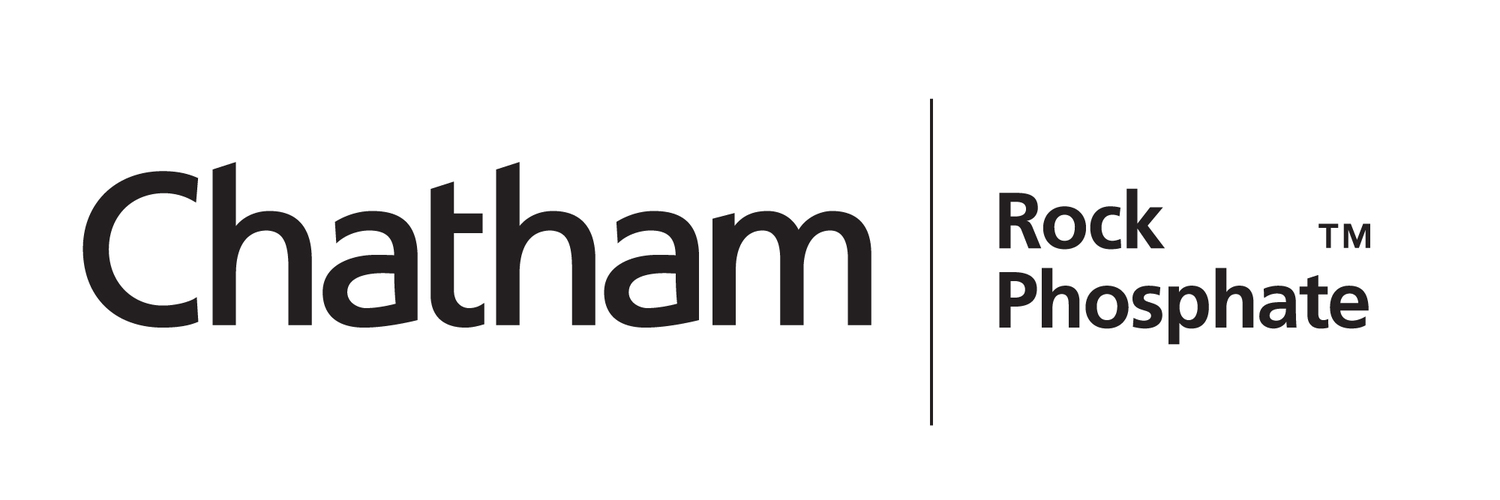Corporate Profile
Chatham Rock Phosphate is the custodian of New Zealand’s only material resource of environmentally friendly pastoral phosphate fertiliser. Our key role is connecting the resource with those who need it.
Using this phosphate will support sustainable farming practices, including healthier soils and reduced accumulation of the heavy metal cadmium, dramatically lowering runoff to waterways and shrinking fertiliser needs over time.
The phosphate deposit was formed in nodules on the Chatham Rise millions of years ago, and discovered in 1952 by New Zealand scientists. Over the following four decades public and private sector experts identified the potential for decades of supply of rock phosphate to nourish New Zealand farms.
The resource represents one of New Zealand’s most valuable mineral assets and is of huge strategic significance because phosphate is essential to maintain New Zealand’s high agricultural productivity.
New Zealand’s current access to phosphate is vulnerable to economic and political events in the six countries controlling 98% of the world’s phosphate reserves, with 85% of the total in the Western Saharan state of Morocco.
In 2013, after a fresh evaluation of the benefits of this resource, we gained a 20-year mining permit covering 820 km2. We are consulting stakeholders and our technical partner Boskalis about all aspects of the project and plan to apply for an environmental consent when sufficient funding is in place.
We want to work with New Zealand’s farming industry to identify how it can benefit from having a secure and local rock phosphate supply.
Similarly we are keen to share with the people of the Chatham Islands the benefits of phosphate production in terms of infrastructure and economic returns to the local farming community through a cheaper and accessible supply of environmentally friendly fertiliser.
Chatham takes very seriously the responsibility vested in it through its mining permit to use the world’s best knowledge and technology to safely extract this resource to help sustainably feed the world.
Our initial environmental consenting process established extraction would have no significant impact on fishing yields or profitability, marine mammals or seabirds.







 +64 21 5581985
+64 21 5581985 chris@crpl.co.nz
chris@crpl.co.nz PhosphateKing
PhosphateKing